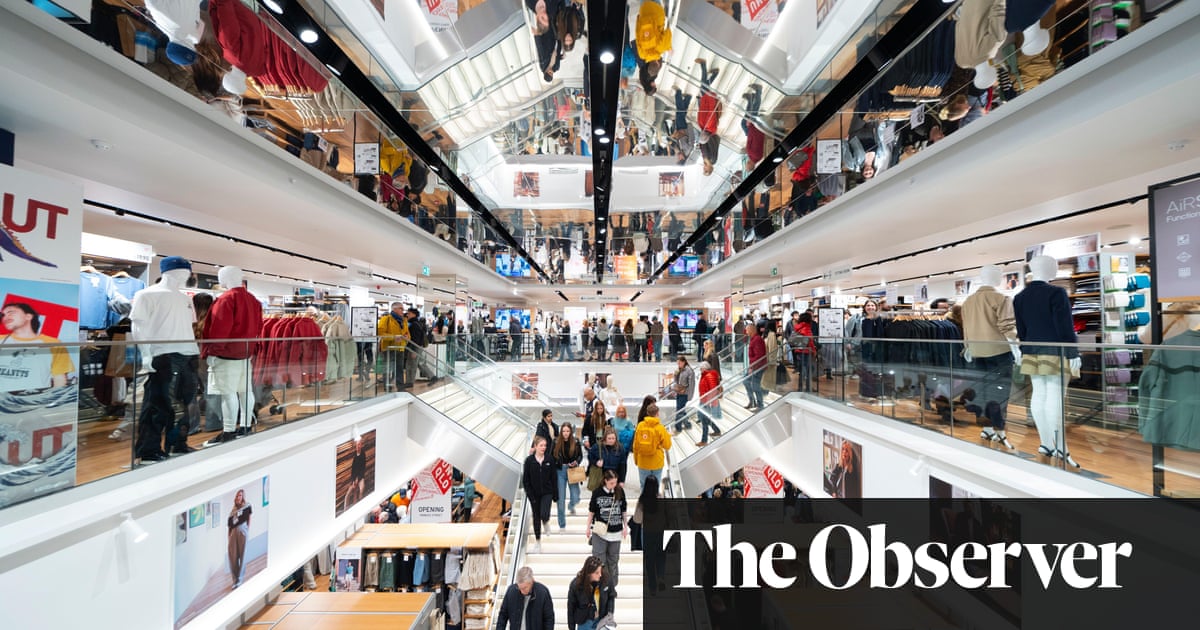As the holiday season approaches, high-street retailers are facing increased footfall and the need for additional staff to handle the rush of customers. However, unions have raised concerns about the employment practices of some major brands, accusing them of exploiting young gig economy workers without providing basic employment rights.
The Observer has uncovered a trend where large retailers such as Urban Outfitters, Lush, Gymshark, and Uniqlo are turning to gig apps to recruit “freelance” store assistants to work in their stores during the busy festive period. These apps are being promoted by youth influencers with large followings on platforms like TikTok, attracting a pool of young workers eager for temporary employment opportunities.
Tim Sharp, senior policy officer for employment rights at the Trades Union Congress (TUC), expressed alarm at this new development, questioning the employment status of these gig workers. While traditionally, retailers have hired agency workers who are entitled to basic employment rights, the use of gig workers bypasses many of these protections as they are considered self-employed in the eyes of the law.
Many of these gig workers are sourced from app-based platforms such as YoungOnes and Temper, which charge retailers a flat fee for every hour worked by their pool of freelancers. This arrangement allows retailers to flexibly adjust their staffing levels based on demand, but it also shifts the risk from the business owner to the individual worker, according to the TUC.
Some retailers, like Urban Outfitters and Gymshark, are offering gig workers just above the minimum wage, but requiring them to apply for new shifts each day. Other brands, such as Lush and Uniqlo, are also using gig apps to source temporary staff during peak periods in their stores.
The TUC has raised concerns that these gig workers will not be covered by forthcoming employment rights legislation, including protections against exploitative zero-hour contracts. This loophole could potentially be exploited by more businesses in the future, undermining the rights of workers and allowing employers to avoid their legal obligations.
In response to these accusations, retailers like Emma Sleep and Uniqlo have defended their use of gig workers, stating that their arrangements comply with legal standards and offer flexibility to workers. YoungOnes and Temper, the app-based platforms connecting businesses with gig workers, have also emphasized their adherence to UK law and the empowerment of independent contractors.
Despite these assurances, the government has signaled its intention to consult on a simpler employment framework that distinguishes between workers and the self-employed, aiming to prevent employers from denying workers their rights by misclassifying them as self-employed. The Department for Business and Trade has warned that businesses could face significant compensation if found to be exploiting gig workers.
As the debate over the employment rights of gig workers continues, it remains to be seen how retailers will navigate the changing landscape of temporary staffing during the busy holiday season. With unions advocating for stronger protections for workers and the government considering reforms to address these issues, the future of gig economy employment in the retail sector hangs in the balance.


















